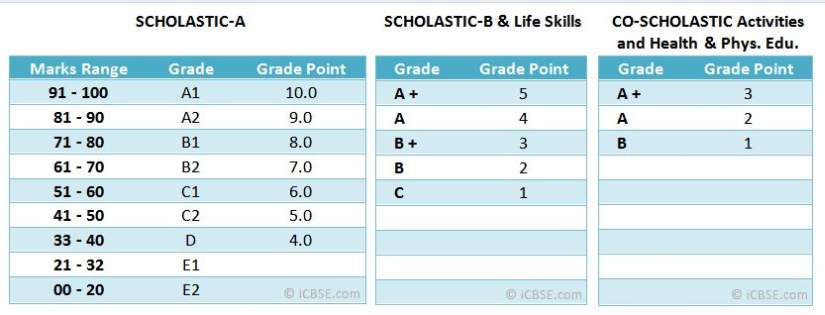

Some instructors allow for students to rework and resubmit until an assignment reaches the grade-level quality (and grade) a student desires. The instructor gives students a chance - or sometimes multiple opportunities - to respond to instructor feedback, re-work their product, and re-submit an assignment.

This grading practice is the norm for STEM courses and frequently used for humanities and social science exams. Thus, if an instructor elects to use numerical grades for individual assignments, they should create a number-to-letter-grade conversion system and make sure their students understand how their final grades will be calculated. Numerical grades on all assignments - Yale’s official letter grades do not correspond with a specific range of numerical grades.This grading practice is the norm for humanities and social science seminars. Letter grades for all assignments - Many classes that assign papers or essay exams to assess students will exclusively use letters for grading.Graded Assignments - “In addition to a final examination or a paper due at the end of the term, instructors should plan some other graded assignments during the term, such as a midterm test, an oral report, or a short paper.”.The “ Instructor’s Midterm Report, a form used for reporting information about students doing unsatisfactory work, particularly those who are in danger of failing a course….should be filled out for each student the instructor considers to be at a D or an F level.”.“There are no midterm grades as such, although midterm is considered a time for the instructor to give students an informal assessment of their work as well as to alert the residential college deans of those students having difficulty in a course.”.The purpose of this policy is to allow students to have some measure of their standing in a course and of their mastery of its materials, so that if they are doing badly they can take prompt remedial action.”

Midterm Feedback - “The Yale College Course of Study Committee requires instructors to provide students with some sort of feedback on their academic progress by around the middle of the term.Additionally, if an instructor fails a student, they must submit an End-of-Term Report explaining the situation.These reports are sent to the student’s residential college dean who may reference the report when they write a letter of recommendation for the student or otherwise recommend the student for a Yale prize or fellowship. Instead, exemplary work may be noted with an End-of-Term Report where an instructor explains the student’s exceptional performance. Grades of D+, D, D–, and F are recorded as reported.” For a Yale College student who has elected the Credit/D/Fail option, the registrar converts grades of A, A–, B+, B, B–, C+, C, and C– to CR and enters that mark on the student’s record. Letter Grades - “Instructors submit letter grades to the registrar for all students in their courses.The Handbook for Instructors of Undergraduates in Yale College institutionalizes three basic grading practices for instructors: The College does require a small set of grading practices from all Yale instructors. While grade inflation creates a uniformity among marks given to students, grading practices vary across departments and disciplines. We recommend that instructors consult with department colleagues and the Director of Undergraduate Studies (DUS) to learn about local norms. Yale University is not immune from grade inflation, but we note that faculty committees and departments periodically review grading practices. The Yale College Handbook for Instructors of Undergraduates provides comprehensive information about grading policies at Yale.


 0 kommentar(er)
0 kommentar(er)
